-
The critical role of persistent disruption in advancing science
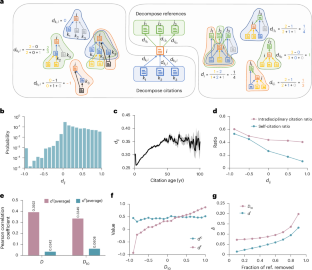
Abstract Disruptive innovation is an important feature of scientific research. However, increasing evidence in recent years shows that highly disruptive papers are not necessarily milestone works in science and may even receive very few citations. To understand the mechanisms leading to such phenomena, we develop a link disruption metric that quantifies the disruptiveness of each…
-
9 stunning natural mysteries scientists can’t fully explain

Business Insider tells the innovative stories you want to know Business Insider tells the innovative stories you want to know Business Insider tells the innovative stories you want to know Business Insider tells the innovative stories you want to know
-
Wisconsin is at the center of emerging scientific field with answers to ‘nature vs. nurture’

Do people have a genetic destiny, or are they more shaped by their environment and lived experiences? Wisconsin is front and center in ending the classic “nature vs. nurture” debate. With the study of social genomics — or sociogenomics — scientists argue that genes and environment truly coexist and influence another throughout a person’s lifetime.…
-
Episode 51: This week in India’s science: 19 May 2025
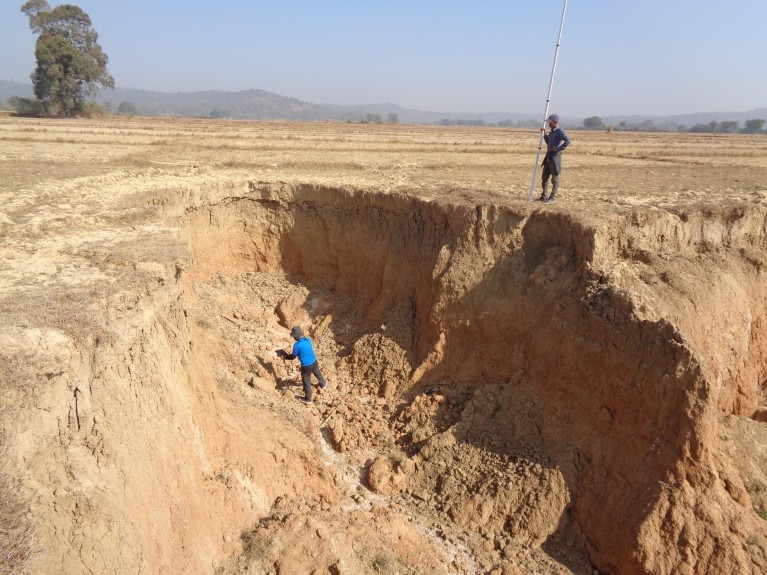
Researchers surveying active gully erosion in agricultural lands of Jharkhand. Credit: Anindya Majhi Self-swimming synthetic cells, surprise erosion hotspots, immune cells behind severe dengue and how ancestral diets shaped immunity Your browser does not support the audio element. Download MP3 See transcript
-
Meta-analysis of randomized controlled trials examining social comparison as a behaviour change technique across the behavioural sciences
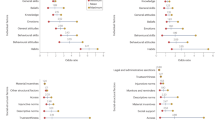
Abstract Research on social comparison as a behaviour change technique (SC-BCT) has increased substantially. We conducted a random-effects meta-analysis of randomized controlled trials investigating SC-BCTs across the behavioural sciences (PROSPERO: CRD42022343154). We searched MEDLINE, PsycINFO and Web of Science from inception to January 2024. Seventy-nine randomized controlled trials (N = 1,356,521) investigating effects on behaviours related to…
-
Nonreciprocal spontaneous parametric process
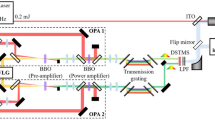
Abstract Mediated by the interactions with quantum vacuum fields, a probe laser field propagating in a nonlinear optical medium can generate new pair of light fields over a broad spectral range via spontaneous parametric process. Such process is inherently independent of the incident direction of light and reciprocal thus far, due to the direction-independent field-vacuum…
-
Career in Science Communication

In a world marked by escalating environmental crises, Science Communication has emerged as a vital tool to bridge the gap between complex scientific data and public understanding, empowering communities and policymakers to make informed decisions for a sustainable future. Science and Nature Communication use storytelling to simplify the natural world and make it relatable. When…
-
Celestron Nature DX 8×42 binocular review
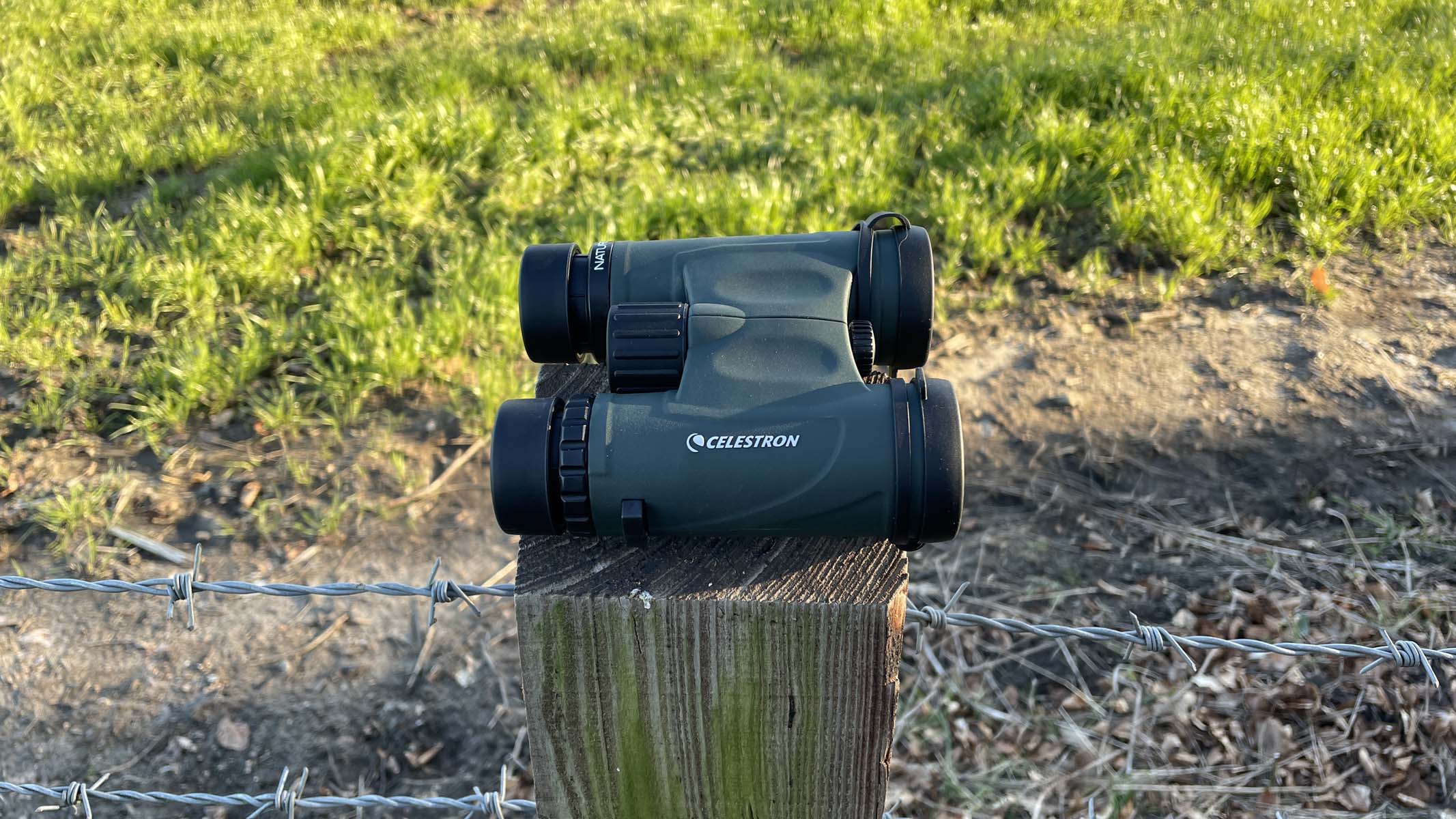
Why you can trust Live Science Our expert reviewers spend hours testing and comparing products and services so you can choose the best ones for you. Find out more about how we test. Celestron has stated that these binoculars are intended for all-round use by beginners for both daytime and nighttime observations. They are, therefore,…
-
Opinion: My view of the Mississippi Museum of Natural Science

Children need a way to fall in love with nature and they need places for this to happen. Current writing on child development explains and reinforces this need. The book “Last Child in the Woods” (2008) by Richard Louv is a good place to start. When children reach adulthood with a solid tie to the…
-
New Google AI Chatbot Tackles Complex Math and Science

May 15, 2025 3 min read A Google DeepMind system improves chip designs and addresses unsolved math problems but has not been rolled out to researchers outside the company By Elizabeth Gibney & Nature magazine DeepMind says that AlphaEvolve has helped to improve the design of AI chips. MF3d/Getty Images Google DeepMind has used chatbot…